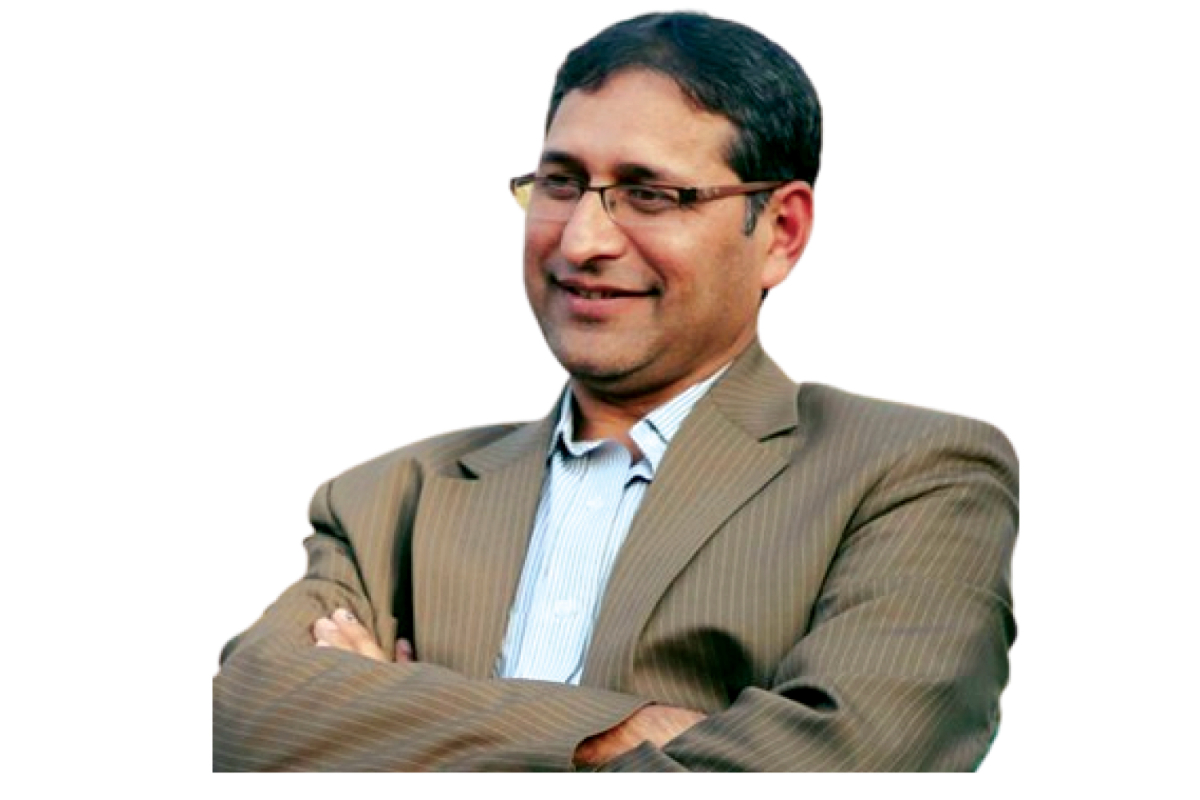
Pakistan’s rocky roads
Prof Zaman speaks on road safety, regulations
Islamabad: Prof Dr Muhammad Zaman, the founding chairman of the Department of Sociology at Quaid-i-Azam University (QAU) Islamabad, was a stern voice at the ”Road Safety Conference for Parliamentarians,” which concluded on Thursday at the Serena Hotel.
Parliamentarians from Pakistan and other countries, including the President and Senate Chairman, attended the conference and expressed their opinions. Bol News spoke with Dr Zaman about this issue because he is the lead researcher on the Higher Education Commission’s (HEC) coveted Grand Challenge Fund (GCF) project titled ‘Optimal Use of Available Resources: A Prototype Model for Islamabad.’
How do you describe the conference of parliamentarians?
I took my team to the ”Road Safety Conference for Parliamentarians.” Basically, the purpose of the conference was to highlight road traffic accidents (RTAs) and how measures can be taken to prevent them. The conference’s main goal was to build capacity for an effective legislative framework on road safety. Parliamentarians from Spain, Algeria, Azerbaijan, Chad, Kazakhstan, Uganda, Guinea, and other countries participated in the conference.
Some of them provided the most recent information. For instance, a representative of Jordan highlighted that the RTAs’ numbers have increased in the recent few years. He presented data showing that in every 20 minutes, a person dies in his country due to RTAs.
Similarly, the representative from Uganda addressed the conference, and he highlighted that RTAs claim approximately 40 lives every day in Uganda.
Road accidents are a problem, which we are all well aware of. What is the solution?
Yes, the solutions are there. We are working on them. But before we discuss them, let us talk about what a parliamentarian from Spain has proposed. In Spain, 5400 people died in road accidents in 2004. In 2023, the number will be negligible because of the measures taken by the country. Spain enacted harsh penalties for traffic violators. This is one of the proposals we are advocating for through our project.
What does Pakistan have to say to the rest of the world about this? Do we have some experts to highlight this matter at such forums?
Frankly, it is a tricky question. You have seen these presentations. Bureaucrats, retired police bosses, and the same people responsible for making our roads death traps did not miss any opportunity to present themselves as a solution.
What is the magnitude of the problem we are dealing with?
The magnitude is alarming. It was shocking that every 25 seconds, a person dies due to RTAs around the world. Now come to Pakistan: only in Punjab, out of the 123 deaths reported daily in the Punjab Emergency Service, 14 are linked to RTAs. This number is the second highest after deaths due to medical reasons.
Roads in urban centres are well policed. Does it make a difference?
There is a lot needed to be done on this account. The official data about RTAs in Pakistan confirms that there are 27,000 deaths per year due to RTAs. If you talk about roads, the 850-kilometer road from Quetta to Karachi is called Killer Road.
Karachi is the largest city and has the highest traffic fatalities in Pakistan. But in the last seven months (till January 2023), in Karachi, there have been 23,250 fines for road traffic violations. Up to 50 electric vehicles (EVs) are running in Karachi at the present time.
But there is not a single traffic signal in Quetta. If we look at the overall picture, we waste 55 per cent of our GDP on RTAs.
There is 47 billion monetary loss every year because of RTAs in Pakistan.
You have spent a long time abroad studying and researching. Tell us how they have made their roads safer?
I mostly stayed in Germany, though I have been part of research groups working in Scandinavian countries, considered the safest in the world.
In Sweden, the Parliament introduced the Vision Zero Model, which has helped the country reduce the number of deaths due to RTAs.
We need a mobile application in Pakistan to track the speed of vehicles for over speeding.
There should be a standard agency for all road safety-related issues like licensing, challan, etc.
What does your study recommend for Islamabad?
My research project is going on. It is basically a collective effort. Experts from QAU, LUMS, NUST, IIUI, and other leading universities in the country are on the project team. One of our recommendations was to utilise the available buses instead of purchasing more to crowd our roads. There are over 1,000 buses in Islamabad. Most of them are owned by universities, colleges, and schools. The city needs 300 buses to cope with the needs of its 3-million-strong population. If a pool of these buses is made, it will save resources and solve the road security problem to a great extent. In addition, it will reduce pollution levels. Building more roads and buying more buses are not a solution. They can, at best, compound an already complex problem. But the city managers are not willing to do it for many reasons. We appeal to the Prime Minister and other relevant authorities to find the solutions that are available to them. Winding roads and shining buses are not a solution.
The writer, an ICFJ fellow, teaches mediatization at the International Islamic University Islamabad
Catch all the Urban Insight News, Breaking News Event and Latest News Updates on The BOL News
Download The BOL News App to get the Daily News Update & Live News.












 Read the complete story text.
Read the complete story text. Listen to audio of the story.
Listen to audio of the story.